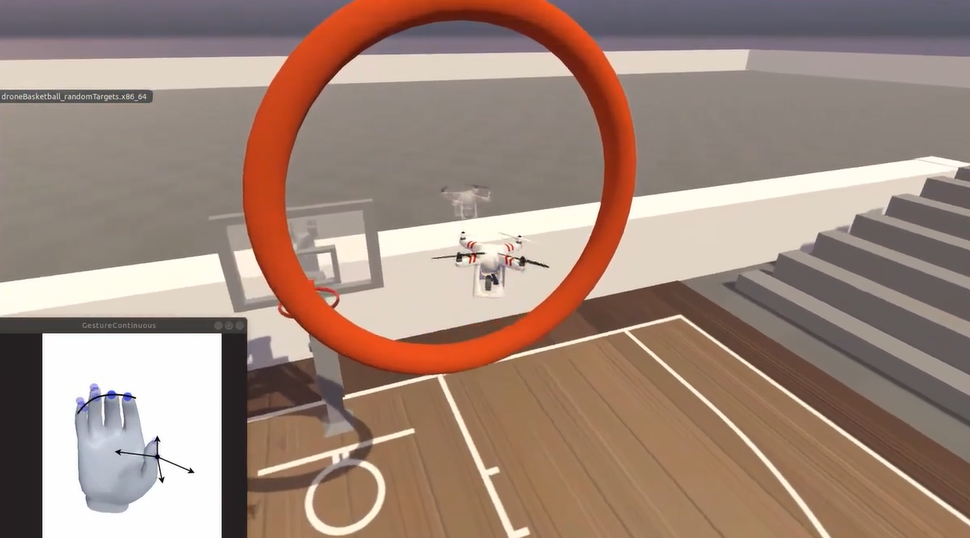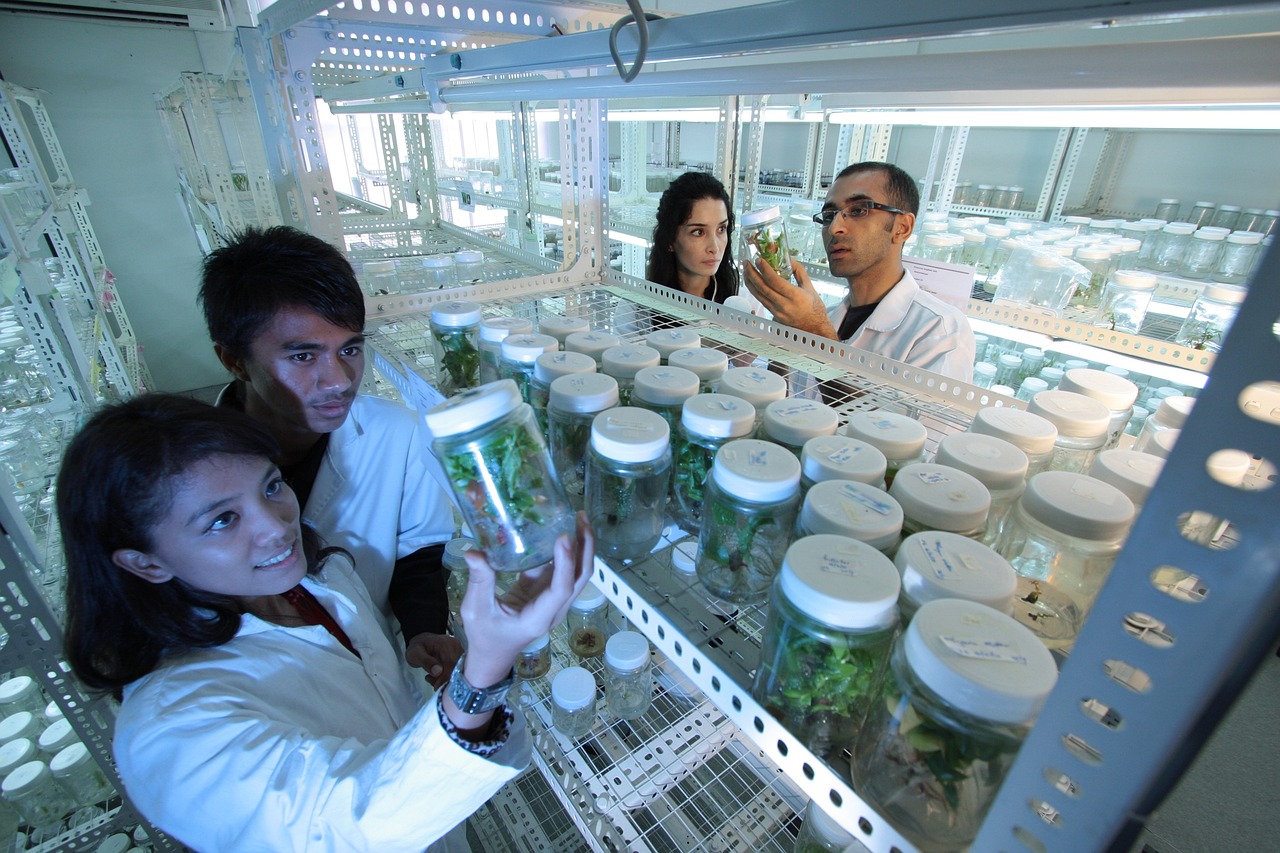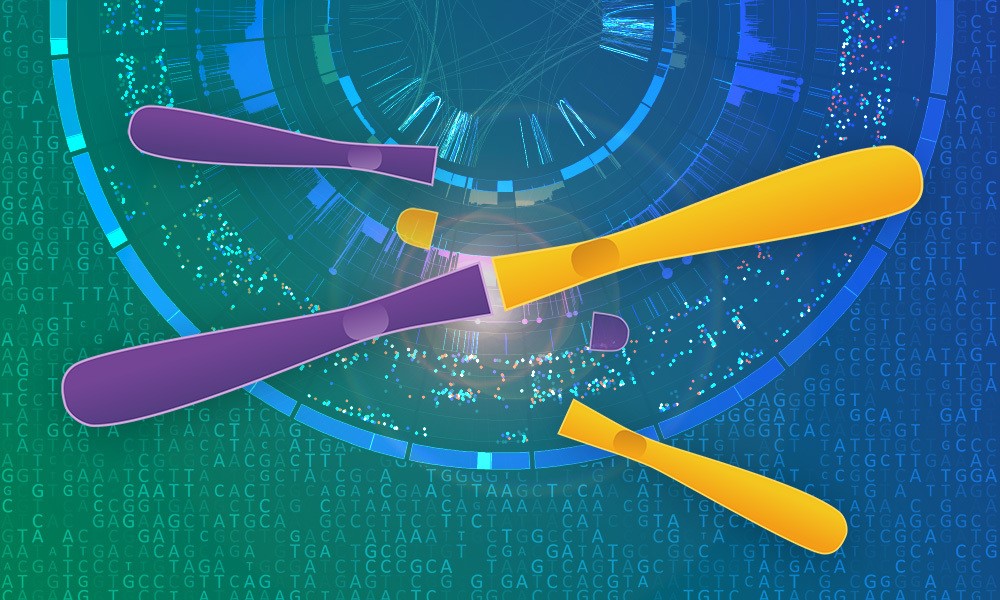Trump signs the US back out of the Paris Agreement
As announced, the new US president, Donald Trump, has signed on his first day in office an executive order for the United States to withdraw from the Paris Agreement. This is the second time Trump has withdrawn his country from the signatory states of the most important climate change agreement, as he did in 2020.









